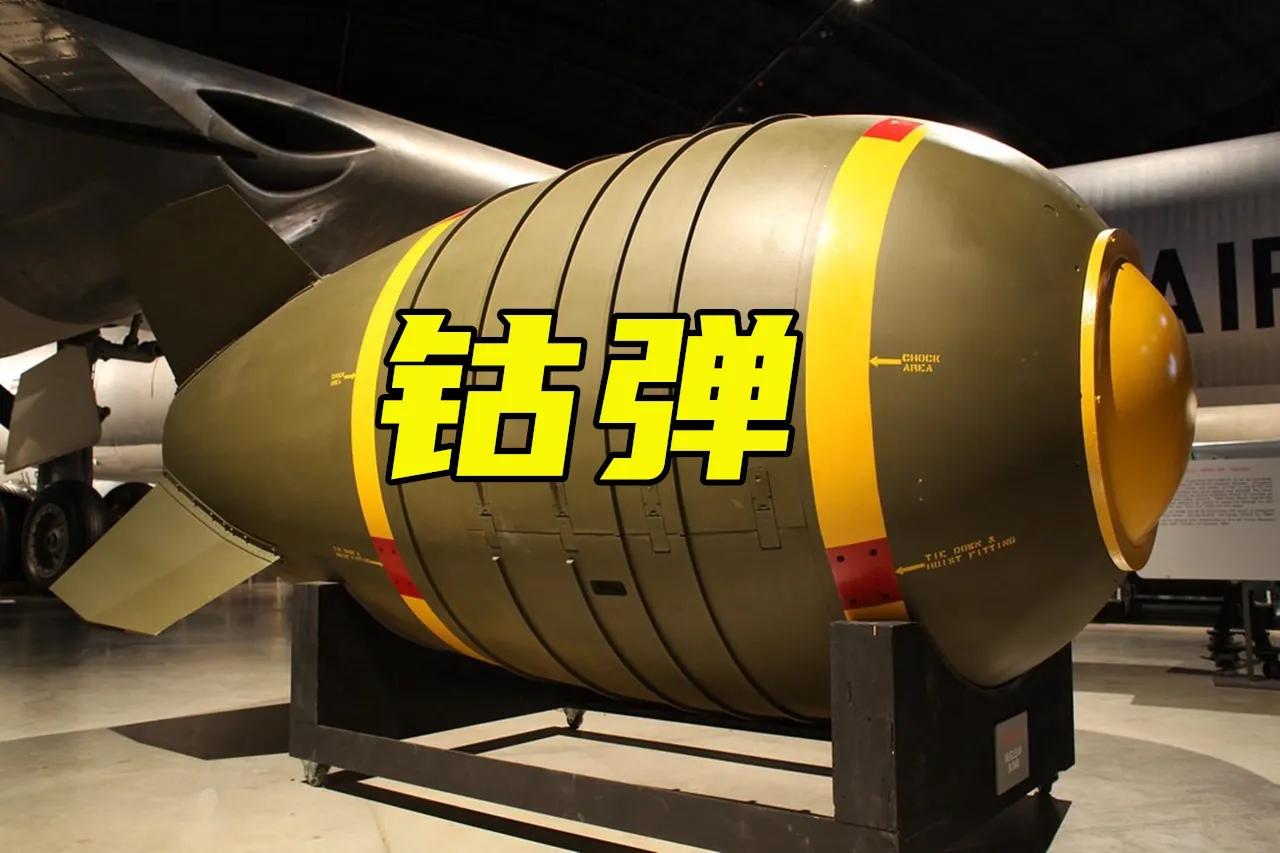

Thus, if Russia employed a tactical nuclear weapon against Ukraine, Beijing would feel the need to publicly react, if only rhetorically. And in his delivery of the work report at the recent 20th National Party Congress, Xi Jinping also proclaimed the need for China to build a strong “strategic deterrence system.” Instead of pointing to any legitimate change in its position on the use of nuclear weapons, however, these developments point more to Beijing’s changing perception of the international environment. However, there have been recent signals that Beijing has elevated the role of nuclear weapons and integrated strategic deterrence in its overall military strategy.įor example, China has been growing its nuclear arsenal at an accelerated rate since at least 2021. This position was reaffirmed last week by Li Song, the Chinese ambassador for disarmament affairs, who said, “China has solemnly committed to no first use of nuclear weapons at any time and under any circumstance.” Since detonating its first nuclear device in 1964, China has pursued a no-first-use policy, as well as a strategy of deterrence through “assured retaliation.” Thus, for nearly six decades, Chinese leaders have viewed the role of nuclear weapons as limited to self-defense and as distinct from conventional operations and doctrine. But a Russian strike would also go against China’s decades-old nuclear policy. The international backlash alone could force Beijing to rethink its “no limits” partnership with Moscow.

Undoubtedly, the employment of a Russian tactical nuke would pose a dilemma for China. Scobell and Stephenson: While the West has expressed deep concern over Vladimir Putin’s recent statement that he would not rule out the use of nuclear weapons in the Ukraine conflict, Beijing has remained noticeably silent. How Russia’s Escalation in Ukraine Might Affect China USIP’s Andrew Scobell, Alex Stephenson and Vikram Singh look at how China and India have navigated the war’s geopolitical repercussions so far, how leaders in Beijing and New Delhi might respond to a Russian nuclear escalation in Ukraine and what effect it would have on their own nuclear doctrines. How might the first use of a nuclear weapon in nearly eight decades tip the scales in Beijing and New Delhi? If Putin were to follow through on his numerous threats and use a tactical nuclear weapon in Ukraine, the resulting international outcry could force India and China to reassess their approach to the war. However, Putin’s nuclear brinksmanship is putting Beijing's and New Delhi’s balancing act in the spotlight. (Mark Ralston/Pool via The New York Times) Russian President Vladimir Putin leaves after being greeted by Chinese President Xi Jinping in Shanghai, China. Instead, the two Asian nuclear powers are approaching the situation with caution and calculated diplomacy to preserve their own strategic interests - both in Russia and the West. Despite rhetorical consternation and calls for a peaceful resolution, neither has shown a willingness to meaningfully push back against Putin’s escalations in Ukraine.

Since Russia began its assault on Ukraine last February, India and China have straddled the fence by hinting at their concerns regarding the war’s global fallout while avoiding direct public criticism of Moscow.


 0 kommentar(er)
0 kommentar(er)
